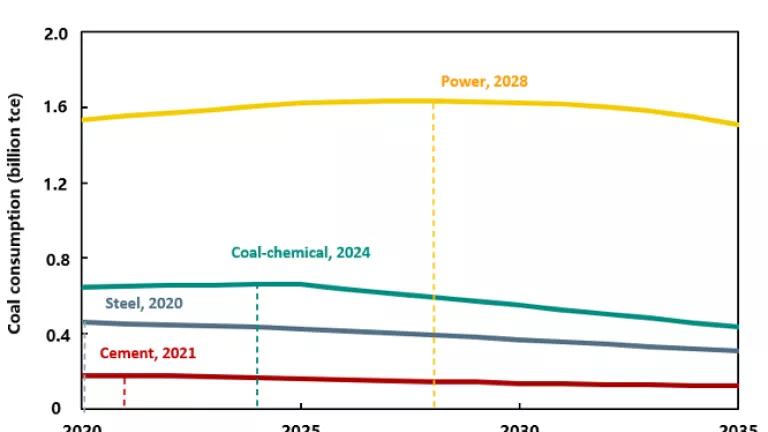On September 11, 2012, the homepage of the English version of China's People’s Daily Online featured a link to an article titled “China must enhance strategic nuclear forces." Although the English translation is rough in places, the piece contains a number of interesting statements concerning nuclear weapons and deterrence, particularly if the article can be understood as having originated with the Central Committee of the Communist Party of China. What prompted “China must enhance strategic nuclear forces” appears to have been the controversial U.S. media reporting this past summer on Chinese missile tests. I found this brief People’s Daily piece interesting because it brought up ideas of assured retaliation, nuclear ambiguity, and nuclear parity, and I am mindful that it is pretty uncommon to find nuclear weapons policy discussed by the Chinese government at all.
For a country’s nuclear deterrent to have the capability for “assured retaliation” means that no attack – nuclear or otherwise – could plausibly go unanswered by nuclear retribution. Although China first tested a nuclear weapon in 1964, publicly-available information – key pieces of which were first brought forward by the NRDC in its Nuclear Weapons Databook series – indicates that China has developed a small and seemingly vulnerable nuclear arsenal over the years, and China did not compete with the United States and the Soviet Union in the Cold War arms race (for an interesting analysis of this I recommend the paper by M. Taylor Fravel and Even S. Medeiros titled “China’s Search for Assured Retaliation”). This People’s Daily article asserts that: “China’s land-based nuclear weapons have a valid viability when suffering a nuclear attack and can launch a second strike. ... China has a believable and powerful nuclear deterrent.” In other words: take notice, despite what you may have heard, China has assured retaliation!
Reading on: “The society of China is busy doing the arduous, specific and complex construction of people’s livelihood, and the nuclear topics has almost been forgotten by the public.” The author of “China must enhance strategic nuclear forces” appears to express disappointment that the average Chinese citizen doesn’t know more and care more about China’s nuclear weapons, but it is understandable given how busy everyone is. However the author believes that should change, and China’s nuclear arsenal should “enter the visual field of the Chinese public.” And not just the Chinese public, but also other countries – particularly the United States – need to know more about China’s deterrent in order to avoid fatal mistakes involving nuclear weapons: “It is a dangerous thing and may mislead the U.S. media to pursue an unpractical tough stance against China.” I read these sentences as questioning the long-held secrecy and ambiguity surrounding China's nuclear deterrent.
Russia and the United States still maintain nuclear parity – the relative numbers of U.S. missiles and warheads roughly equal the numbers of Russian missiles and warheads, even as the absolute number of weapons remains very large. Does China seek nuclear parity with the United States? The People’s Daily article puts forward this idea about nuclear parity: “In the long run, although China should not pursue a balance of nuclear powers between China and the United States, China should try hard to realize a balance of nuclear deterrents between China and the United States, the United States’ reverence towards Chinas nuclear power should be equal to China’s reverence towards the United States’ nuclear power.” My interpretation of this sentence is that China is not seeking to acquire the same number of nuclear weapons as the United States, but enough survivable nuclear weapons so that the United States would be just as assured about the capability for China’s nuclear retaliation under attack as China is assured about the U.S. capability for nuclear retaliation. The attitude expressed here is not so much “we can do more with less” but “we can do enough with less” when it comes to deterrence.
Despite it being a strong statement promoting China’s nuclear weapons, “China must enhance strategic nuclear forces” conveys a nuanced answer to the question: Do I have to have as many nuclear weapons as my potential enemy to feel secure? Reducing and eventually doing away with the threat of nuclear war remains a pressing and enormously important objective for both the United States and Russia, and it is their and China’s continuing obligation to the community of nations under the terms of the Nuclear Nonproliferation Treaty.
I may be looking too intently at these few tea leaves, but if China one day came to the nuclear negotiating table already understanding that nuclear weapons can only be used to deter and not to fight wars, and that deterrence can be robust at low numbers of nuclear weapons, and importantly that countries can openly talk about these usually secret things, then, ironically, reading “China must enhance strategic nuclear forces” has left me feeling a little hopeful.



